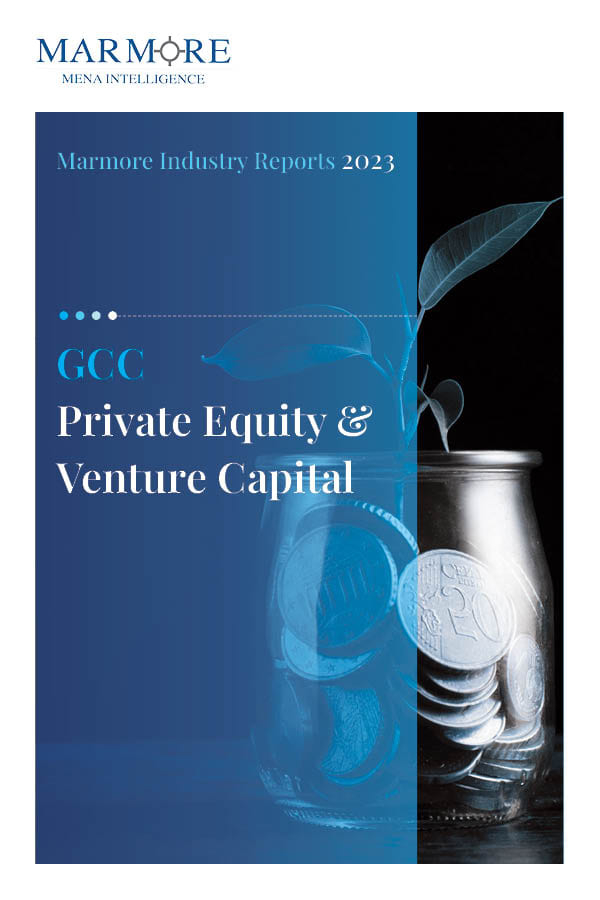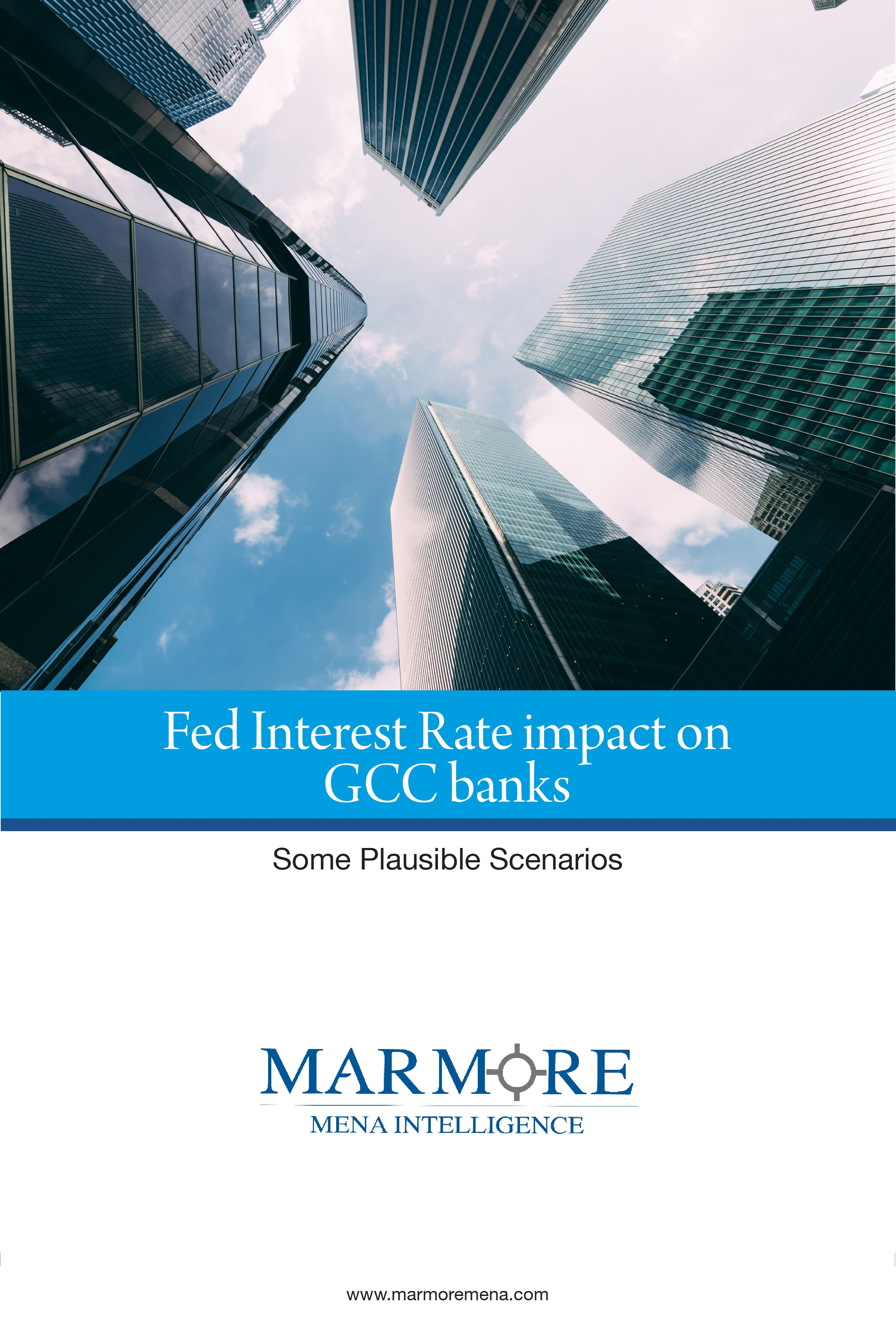Executive Summary
The Gulf Cooperation Council (GCC) countries have been actively pursuing economic diversification, but progress in expanding non-oil exports in relation to GDP has been limited. Despite significant financial resources allocated to diversification efforts, non-oil exports have not seen substantial growth compared to imports, posing a challenge to achieving a more diversified and balanced economic structure in the GCC.
While fundraising across the world is experiencing a deceleration due to the end of the cheap debt era after a prosperous period in 2021, the MENA region stands out as an exception with strong dealmaking. Private equity-backed deal activities in the region have rebounded since the pandemic-induced trough in 2020, attracting the attention of global private equity and venture capital firms. The region’s accelerated adoption of technology and shift away from reliance on fossil fuels have created attractive investment opportunities.
The MENA private capital industry has witnessed a resurgence, driven by technological opportunities that have revitalized the region. The global digital revolution, accelerated by COVID-19, has led to a fresh wave of dealmaking in MENA’s innovation hubs, particularly in the tech sector. Major deals such as Blackstone Group’s acquisition of VFS Global for USD 1.1 billion and CPDQ’s USD 5 billion investment in DP World highlight the growing interest of global investors in the region.
With reduced deal flows, the industry has accumulated significant uninvested funds, prompting both local and international players to focus on deal-based fundraising rather than blind pools. GCC investors are increasingly looking at alternative investment funds, with over half planning to increase investments in private equity and real estate funds in 2023.
Middle Eastern sovereign wealth funds (SWFs) are increasingly focusing on funding high-growth businesses within the region, contributing to the growth of the startup sector, particularly in venture capital investment and expertise. PIF in Saudi Arabia has been at the forefront of this movement, with its VC-focused investment vehicles, such as the Softbank Vision Fund.
GCC countries, particularly the UAE, have become attractive destinations for private equity investments. UAE-based firms accounted for the majority of private equity investment transactions in the region for the past decade. The growing private credit market in the Middle East has also drawn interest from asset managers and hedge funds, with significant investments being made in the region.
The MENA region has emerged as a hub for venture capital investment, attracting significant funding and deals, unlike other parts of the world. The region’s tech-savvy population, government-led initiatives, and favorable regulatory environments have created ideal conditions for a thriving venture capital ecosystem. Fintech remains the dominant sector for venture investments, followed by e-commerce, transport and logistics, enterprise software, and healthcare.
GCC governments have taken proactive measures to support the growth of the venture capital industry in the region. Initiatives such as the Saudi Venture Capital Company (SVC) and regulatory sandboxes in the Gulf States have been instrumental in nurturing start-ups and fostering innovation. UAE’s Hub-71, Dtec, DIFC Fintech Hive, and the Dubai Future District have played vital roles in supporting start-ups and providing a conducive environment for growth.
Overall, the GCC private equity and venture capital landscape is experiencing growth and attracting significant interest from global investors. The region’s focus on technology and innovation, coupled with government support and favorable regulatory environments, positions it as a promising destination for private capital investments. With increased interest in alternative investments and the expanding private credit market, the GCC countries continue to emerge as significant players in the global venture capital industry.
Table of Contents
- Executive Summary
- Capital raising in the GCC
- GCC Private Equity – Staying resilient amid turbulences
- GCC Venture Capital – A New Era of Opportunity
- Investment opportunities across sectors
- Challenges stifling the growth of PE and VC
- Appendix




